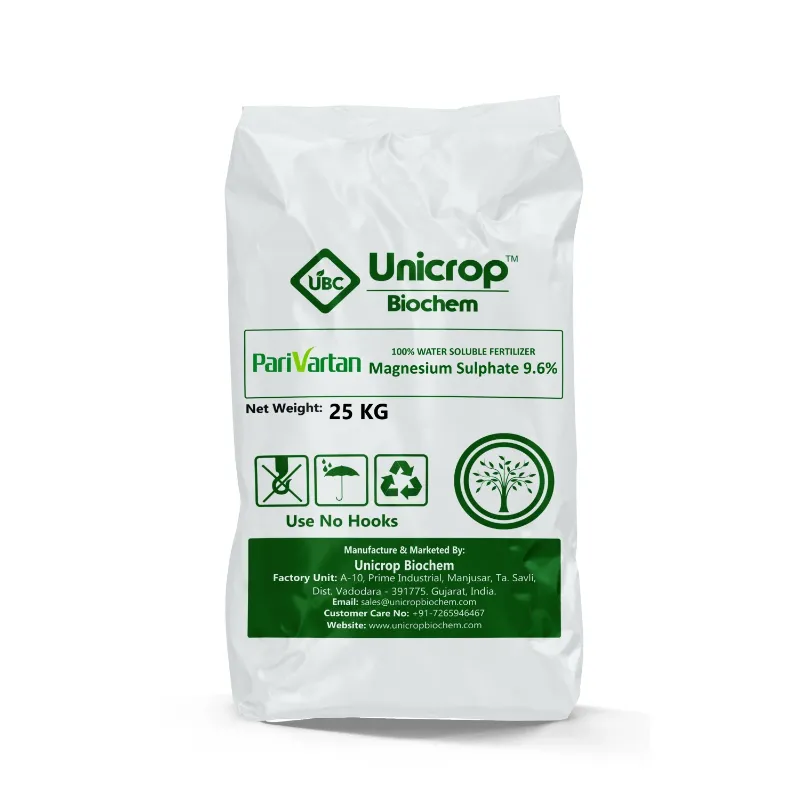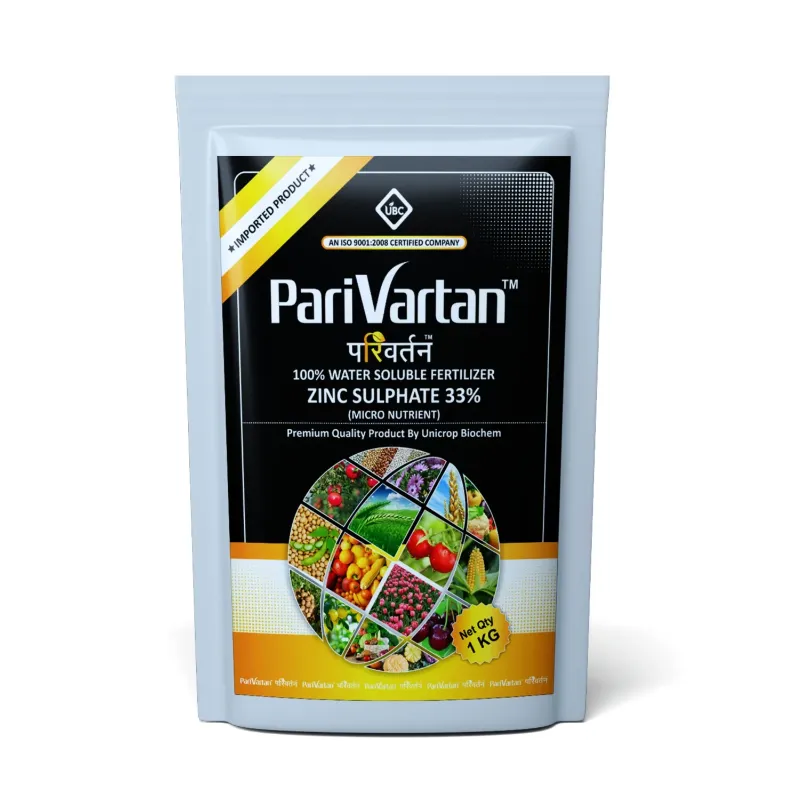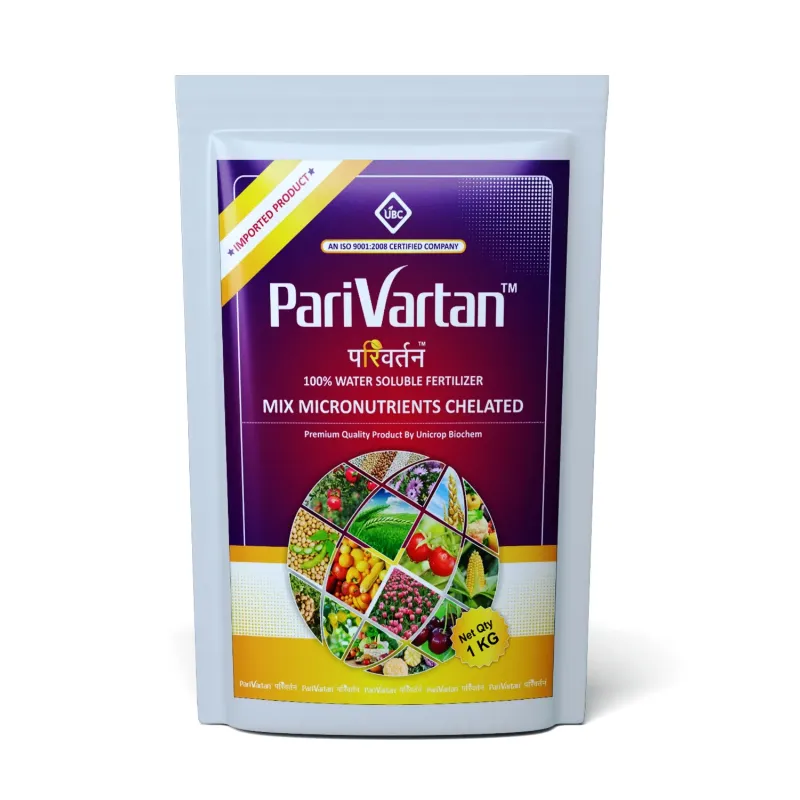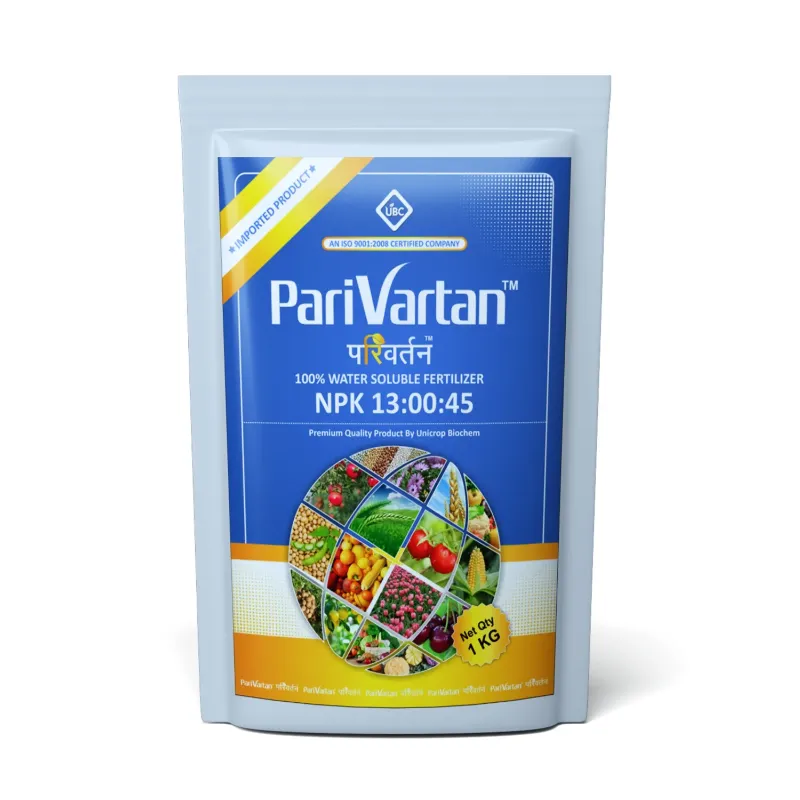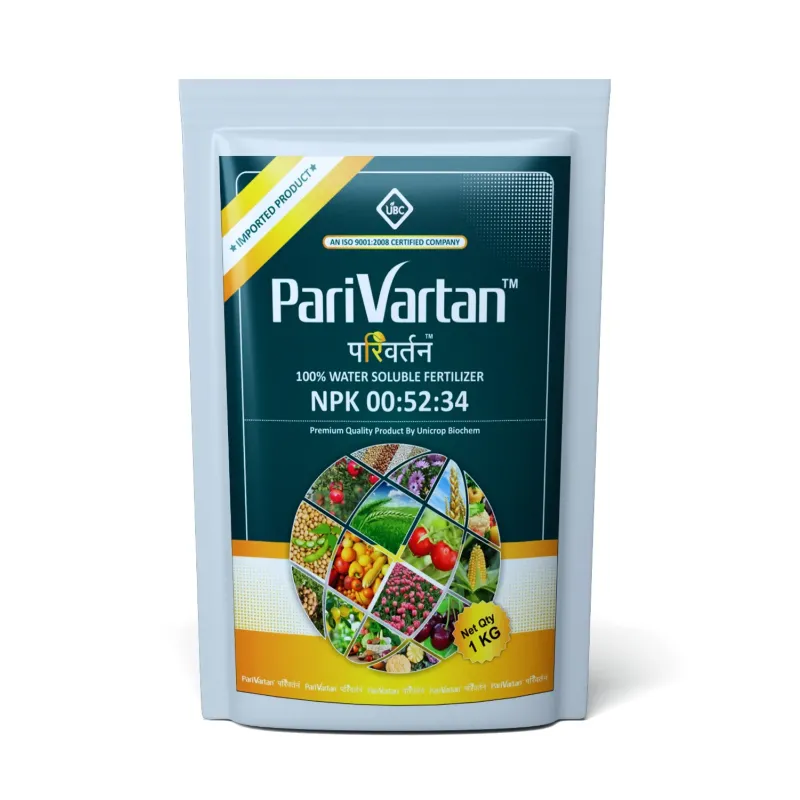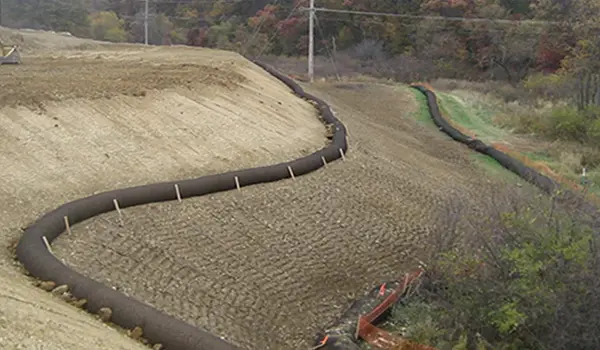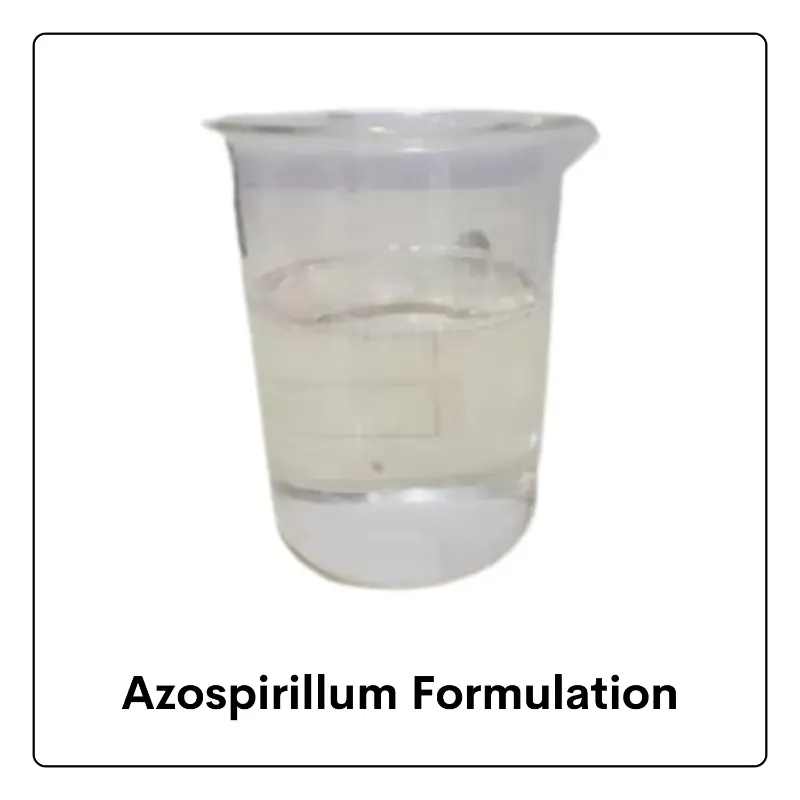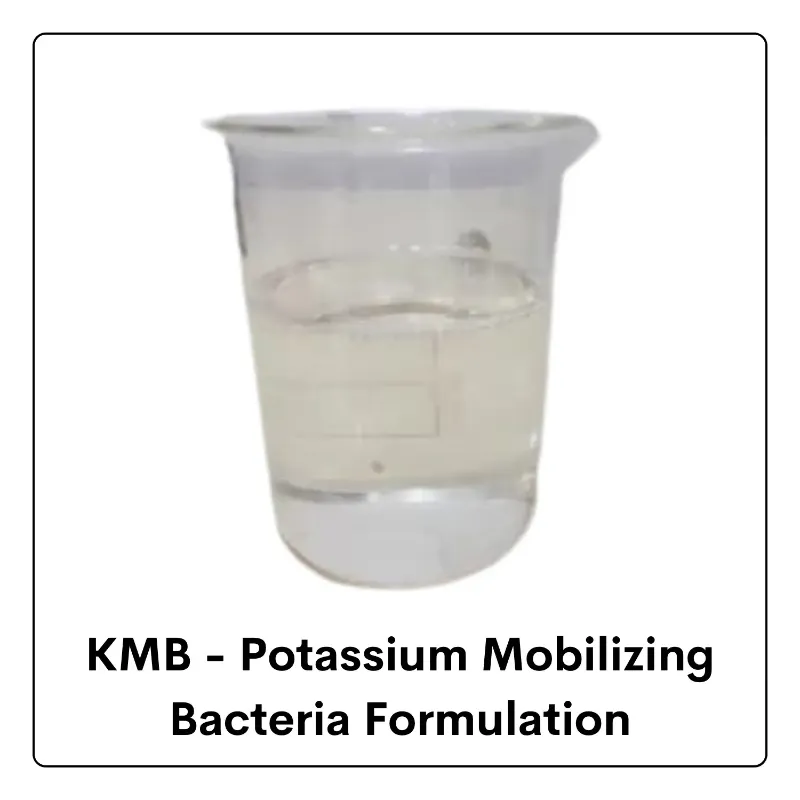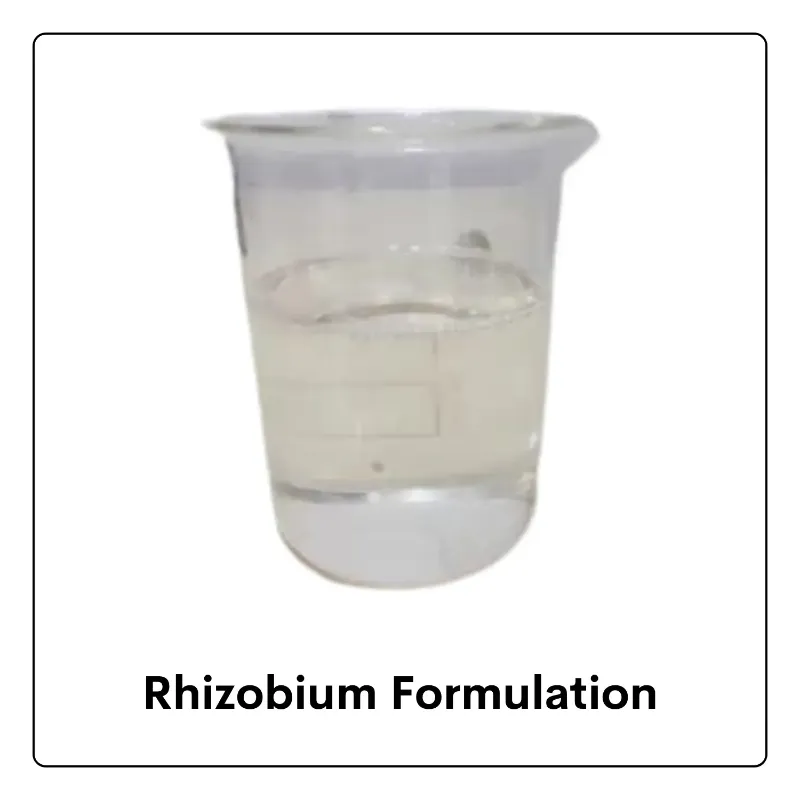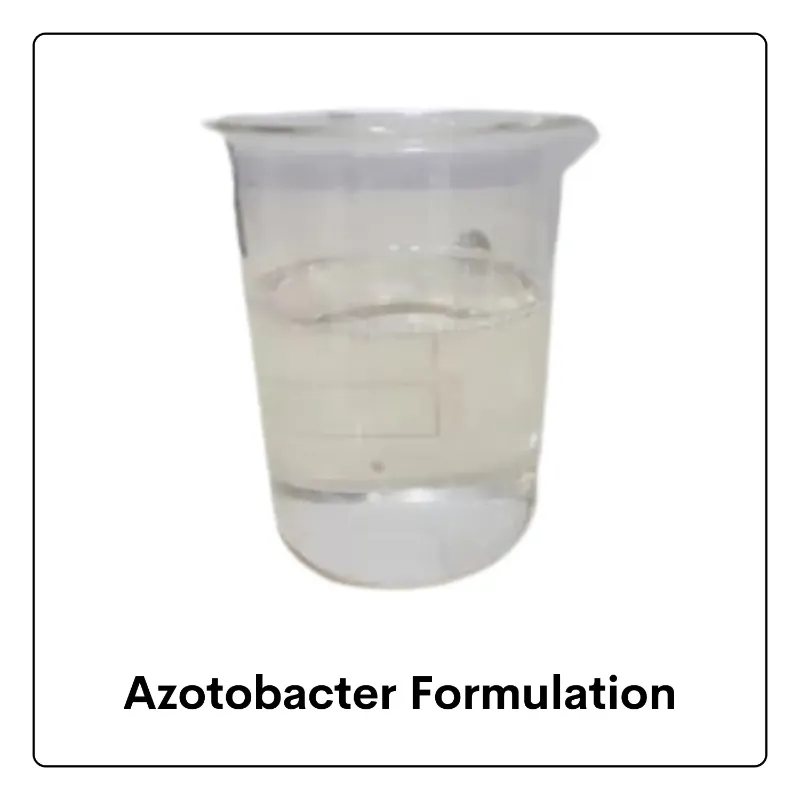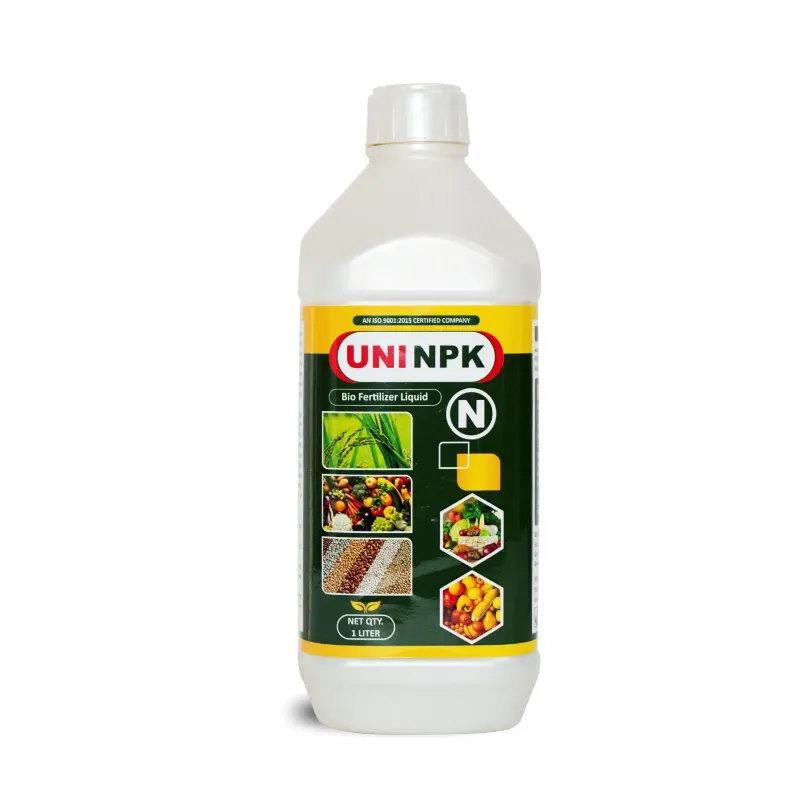Soil erosion is a significant challenge in agriculture that can lead to loss of fertile topsoil, reduced crop yields, and environmental degradation. Effective soil management is crucial for maintaining soil health and ensuring sustainable agricultural productivity. In this blog, we will explore effective strategies to prevent soil erosion, highlighting how Unicrop Biochem’s solutions can support these efforts.
Understanding Soil Erosion
Soil erosion is the process by which the top layer of soil is removed by wind, water, or human activities. This erosion can lead to loss of soil fertility, sedimentation in water bodies, and degradation of land. Addressing soil erosion requires a combination of practices that protect and enhance soil health while minimizing the forces that cause erosion.
Key Strategies to Prevent Soil Erosion
1. Implementing Vegetative Cover
Maintaining a cover of vegetation on soil surfaces is one of the most effective ways to prevent soil erosion. Plants help anchor the soil with their root systems, reduce surface runoff, and protect against wind erosion. Options include planting cover crops, grass strips, and maintaining permanent vegetation.
Benefits:
- Reduces soil detachment and transportation.
- Enhances soil structure and fertility.
- Provides habitat for beneficial organisms.
2. Using Erosion Control Structures
Erosion control structures, such as terraces, silt fences, and check dams, help slow down water flow and capture sediment before it can cause erosion. These structures are particularly useful in areas with steep slopes or high rainfall.
Benefits:
- Reduces the speed of water flow, minimizing soil loss.
- Captures and retains sediment, improving soil health.
- Helps manage runoff and reduce flooding risks.
3. Practicing Conservation Tillage
Conservation tillage involves minimal disturbance of the soil compared to conventional tillage methods. By leaving crop residues on the soil surface, this practice helps protect the soil from erosion, improves moisture retention, and enhances soil organic matter.
Benefits:
- Reduces soil erosion and runoff.
- Enhances soil structure and fertility.
- Improves water retention and crop growth.
4. Employing Contour Farming
Contour farming involves plowing and planting along the contour lines of a slope rather than up and down. This practice helps slow down water flow and reduces soil erosion by creating natural barriers that capture and retain water.
Benefits:
- Slows down water flow and reduces erosion.
- Enhances water infiltration and soil moisture.
- Improves crop yields and soil health.
5. Implementing Riparian Buffers
Riparian buffers are strips of vegetation planted along waterways to protect soil and water quality. These buffers help reduce runoff, filter pollutants, and stabilize streambanks, preventing soil erosion in riparian areas.
Benefits:
- Reduces runoff and sedimentation in water bodies.
- Filters pollutants and improves water quality.
- Stabilizes streambanks and enhances biodiversity.
6. Applying Mulch
Mulch is a protective layer of organic or inorganic material applied to soil surfaces. It helps reduce soil erosion by protecting the soil from wind and water, retaining moisture, and improving soil structure.
Benefits:
- Protects soil from wind and water erosion.
- Retains soil moisture and improves fertility.
- Suppresses weed growth and enhances soil health.
7. Utilizing Soil Amendments
Soil amendments, such as organic matter and biofertilizers, improve soil structure and fertility, making it more resistant to erosion. Unicrop Biochem’s products, like Azoto-N Biofertilizer, can enhance soil health and support erosion prevention efforts.
Benefits:
- Enhances soil structure and stability.
- Improves nutrient availability and soil fertility.
- Supports healthy plant growth and reduces erosion risks.
How Unicrop Biochem Supports Erosion Prevention
Unicrop Biochem provides solutions that support effective soil erosion management:
- Azoto-N Biofertilizer improves soil structure and fertility, helping to reduce erosion and enhance soil health.
- Seaweed Extract offers essential nutrients and promotes plant growth, aiding in soil stabilization.
- Unisoft contributes to healthy plant development, reducing the risk of erosion through improved vegetation cover.
By integrating Unicrop Biochem’s products into soil management practices, farmers can enhance their efforts to prevent soil erosion and maintain sustainable agricultural productivity.
Conclusion
Preventing soil erosion is essential for maintaining soil health, crop productivity, and environmental quality. By implementing strategies such as vegetative cover, erosion control structures, conservation tillage, and using soil amendments, farmers can effectively manage soil erosion. Unicrop Biochem’s solutions further support these efforts by improving soil health and enhancing plant growth. Adopting these practices not only helps prevent soil erosion but also promotes sustainable agriculture and long-term productivity.
